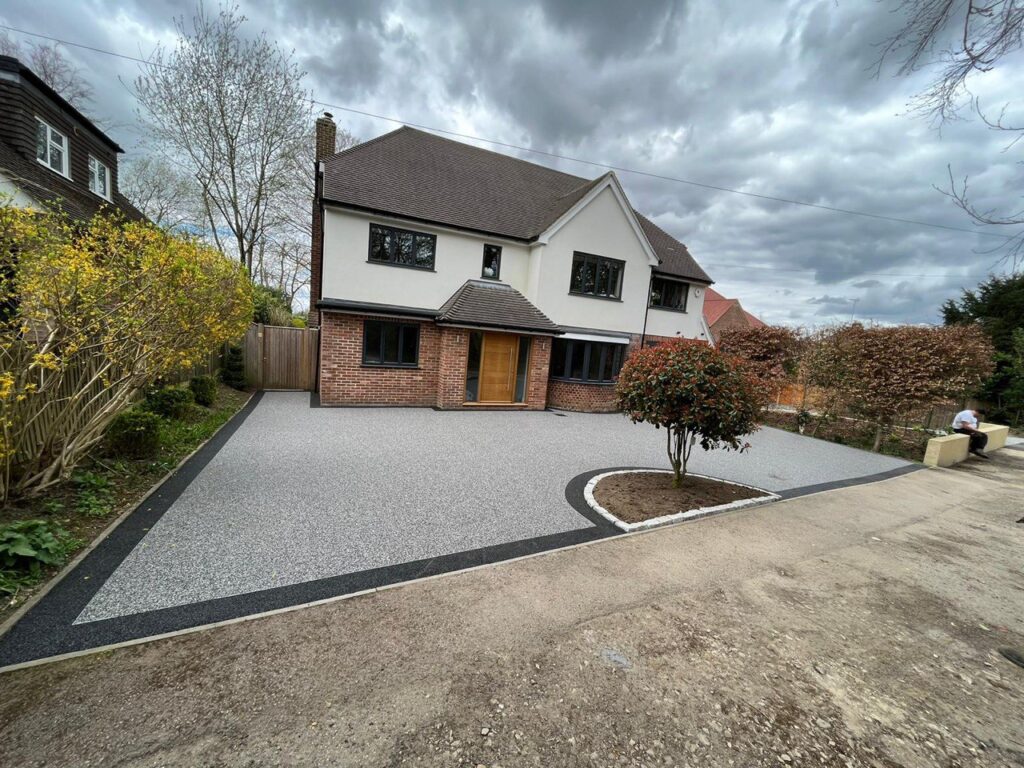The Impact of Tarmac Car Park Design on Vehicle Emissions and Air Quality
Introduction: As concerns about air quality and environmental sustainability continue to grow, the design and management of tarmac car parks play an increasingly significant role in mitigating vehicle emissions and improving air quality. Adopting innovative design strategies and sustainable practices, tarmac car parks can minimise environmental impact and contribute to healthier, cleaner communities. In this blog post, we’ll explore the impact of tarmac car park design on vehicle emissions and air quality, highlighting key considerations and best practices for promoting environmental stewardship.
- Location and Layout Optimisation:
- The location and layout of tarmac car parks can significantly influence vehicle emissions and air quality. By strategically locating car parks to minimise vehicle miles travelled and congestion, planners can reduce emissions from idling vehicles and traffic congestion. Additionally, optimising parking layouts to maximise efficiency and reduce circulation can further minimise emissions associated with vehicle movement within the car park.
- Green Infrastructure and Vegetation:
- Incorporating green infrastructure and vegetation into tarmac car park design can help mitigate vehicle emissions and improve air quality. Planting trees, shrubs, and greenery within and around the car park helps absorb carbon dioxide, filter pollutants, and provide shade, reducing the urban heat island effect and improving air quality for visitors and surrounding communities.
- Permeable Surfaces and Stormwater Management:
- Utilising permeable surfaces and implementing effective stormwater management practices in tarmac car park design can help reduce runoff pollution and improve water quality. Permeable pavements allow rainwater to infiltrate the ground, reducing the need for stormwater drainage infrastructure and minimising pollutants such as oil, grease, and sediment from entering waterways and groundwater.
- Electric Vehicle Charging Infrastructure:
- Installing electric vehicle (EV) charging infrastructure in tarmac car parks encourages the adoption of electric vehicles and reduces emissions from traditional combustion engine vehicles. Car parks can incentivise drivers to choose cleaner transportation options by providing convenient access to EV charging stations, thereby reducing greenhouse gas emissions and improving air quality.
- Energy-Efficient Lighting and Technology:
- Implementing energy-efficient lighting and technology in tarmac car parks can reduce energy consumption and associated emissions. LED lighting, motion sensors, and smart parking systems optimise energy use and improve visibility and safety for visitors while minimising light pollution and environmental impact.
- Sustainable Materials and Construction Practices:
- Selecting sustainable materials and implementing environmentally friendly construction practices in tarmac car park development can reduce embodied carbon emissions and minimise environmental degradation. Using recycled materials, low-impact construction techniques and sustainable drainage systems helps minimise the carbon footprint of tarmac car parks and promotes environmental sustainability.
- Transit-Oriented Design and Multimodal Connectivity:
- Integrating transit-oriented design principles and multimodal transportation options into tarmac car park design encourages alternative modes of transportation such as walking, cycling, and public transit. By providing convenient access to transit stops, bike lanes, and pedestrian pathways, car parks can reduce reliance on single-occupancy vehicles and promote cleaner, more sustainable transportation choices.
Conclusion: The design and management of tarmac car parks play a crucial role in shaping vehicle emissions and air quality in urban and suburban environments. Tarmac car parks can minimise environmental impact and contribute to cleaner, healthier communities by prioritising sustainability, green infrastructure, and multimodal connectivity.
Call us on: 01953 660 780
Click here to find out more about Watton Driveway Solutions
Click here to complete our contact form and see how we can help with your driveway needs.

